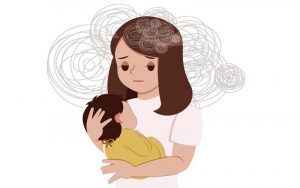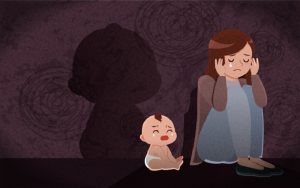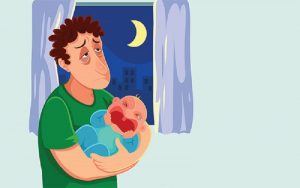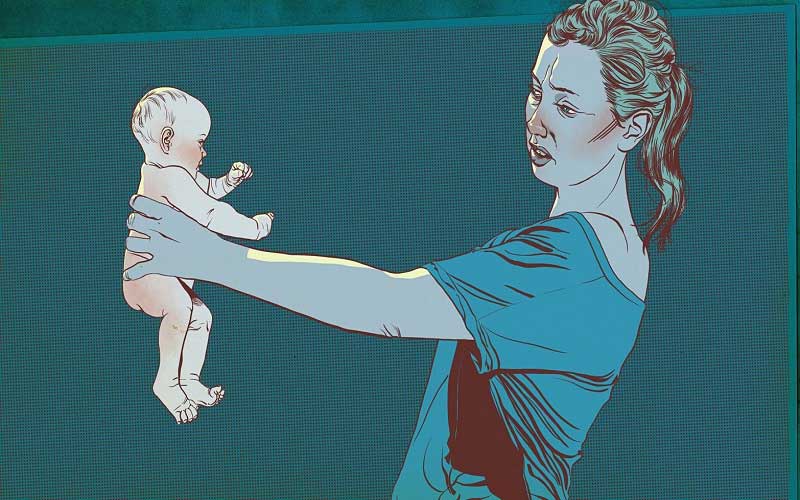A baby is the best gift to human from God. Thus, when we talk about this stage of life, we relate it with countless joy, pride and emotions. But what if I say, reality doesn’t seem to be like this always. Well, postpartum depression (PPD) is such common issue which isn’t still interpreted correctly in our society.

PPD is a type of mood disorder related with childbirth. This mostly starts right after the delivery and continues to 2 weeks. But exceptional are also common. So, instead of being happy for the baby, the mother feels sad, hopeless, or depressed. Even to the extreme, the mother would try to harm her or the baby. Postpartum depression is common, it occurs to 1 in 9 new mothers. The risk is that many mistakenly think this sudden mood swing is just the struggle of adjusting to motherhood. So symptoms like extreme sadness, crying episodes, irritability, anxiety and sleeping or eating disorder are unseen even by the mother too.

Another risk of PPD is that it can negatively affect the newborns. Being extremely depressed and vulnerable mother barely can get affected towards the child. As a result the child is deprived of care, love and affection which are crucial for proper growth.

Do you know young fathers do also have history of postpartum depression? Not frequent as mother but not getting enough time from the partner, financial pressure can also lead a father to such depression. Both partner relationship and child development get disturbed. Don’t need to feel guilty thinking that you are bad parents. All you need is to start treatment. Besides seeing a doctor, talk to your family and explain your situation. Also tell them how you expect their help. Mental support may be protective in to cure you faster.



